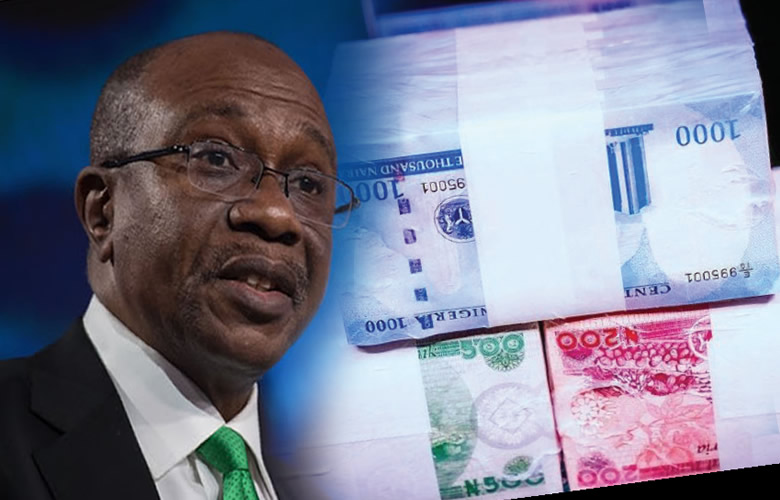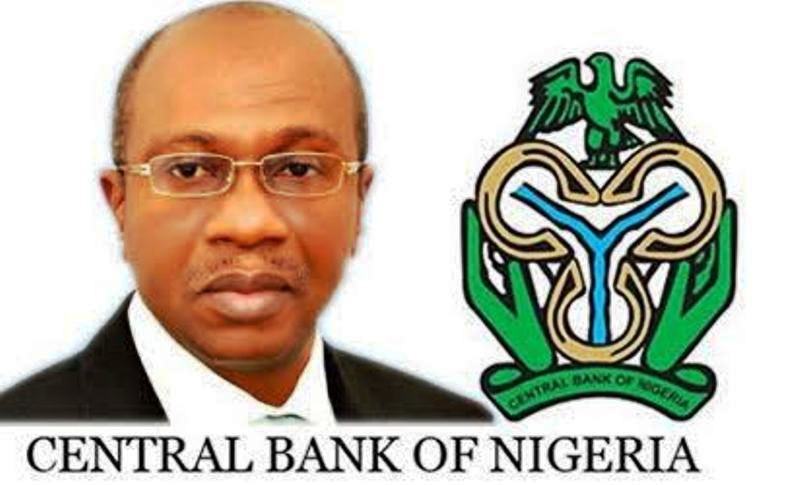The newly introduced naira notes and revised cash withdrawal limits announced by the Central Bank of Nigeria (CBN) to curb crime, inflation and vote buying during elections, have left many citizens stranded and frustrated, TheNewsGuru.com (TNG) investigation has revealed.
More than one month after the official launch of the new designs, many Nigerians in both urban and rural areas, have been unable to access the new notes as countdown to the January 31st deadline for the mop-up of the old N1000, N500 and N200 banknotes approaches.
The apex bank has insisted that the highest denominations of the naira in old banknotes will cease to be legal tenders by the expiration of the deadline and many Nigerians eager to beat this time limit, have flocked to commercial banks to deposit their old cash in exchange for the new banknotes.
Scarcity of Redesigned Banknotes
Contrary to expectations, commercial banks have continued to dispense the old banknotes.
A disappointed Nigerian Charity Agber, claimed that many Automatic Teller Machines (ATMs) around her area in Abuja failed to dispense cash and when she went into the banking hall to make withdrawals over the counter, she was paid with old banknotes.
“I needed to withdraw yesterday and there were no ATMs dispensing cash around my area. So, I had to go into the banking hall and the queue was something else. When I eventually got paid, it was still with the old notes,” she said.
Another bank customer Tayo Adewunmi said: “The deadline is affecting the common man because the new Naira notes are not in circulation as expected. They are being paid with old ones like what a bank I visited on Monday did.”
In the same vein, Omoruyi Emma added: “Frustration is taking its toll on the citizens, all over Abuja almost all ATM had no money to dispense and if you go the bank, they have only old notes and the deadline is so close how does one still withdraw old notes at this time? Whom did we offend in this country?”
A staff with one of the leading commercial banks told our reporter that they were still dispensing old notes because they did not have new notes to dispense to customers.
Some business outfits have already stopped receiving payments made using the old banknotes, a move that can have effects on the Nigerian economy.
Revised Withdrawal limit
In addition to the challenge of scarcity of the new banknotes, individuals are only able to withdraw a maximum amount of N100, 000 per week, while corporate organisations have a limit of N500, 000 per week.
As a result, some banks have now restricted the amount individuals can withdraw daily to N20, 000.
For example, the Guaranty Trust Bank in Bodija Ibadan the Oyo state capital allows customers to withdraw a maximum of N40,000 Daily, while the Access bank in the University College Hospital (UCH) is allowing a daily withdrawal of not more than N20, 000.
The Director of Banking Supervision in the CBN, Haruna Mustafa, said that withdrawals above the set weekly limits of N100, 000 and N500, 000 for individuals and corporate organisations will attract a processing fee of five per cent and 10 per cent respectively.
Mustafa explained that only denominations of N200 and below are expected to be loaded into ATMs and the maximum cash withdrawal via Point of Sales Operators (POS) is now N20, 000 daily.
“In compelling circumstances, not exceeding once a month, where cash withdrawals above the prescribed limits is required for legitimate purposes, such cash withdrawals shall not exceed N5million and N10million for individuals and corporate organisations respectively,” he stressed.
CBN’s Efforts Towards Financial Inclusion
The apex bank has also launched a cash swap programme in partnership with super agents and deposit money institutions (DMBs), which it says will promote financial inclusion, as it particularly targets citizens in rural areas without a bank account.
The programe which became effective on 23rd January will enable citizens in rural areas or those with limited access to formal financial services to exchange the old naira notes for the redesigned banknotes.
Through the cash swap programme, the old N1000, N500 and N200 notes can be exchanged for the redesigned notes or the existing lower denominations from N100 and below which remain legal tender.
Meanwhile, the House of Representatives is set to invite the CBN over the alleged scarcity of new naira notes and has asked for an extension of the deadline for swapping the old notes with new ones by six months.
However, it remains to be seen if the apex bank would bow to pressure and extend the deadline for the return of old bank notes.


